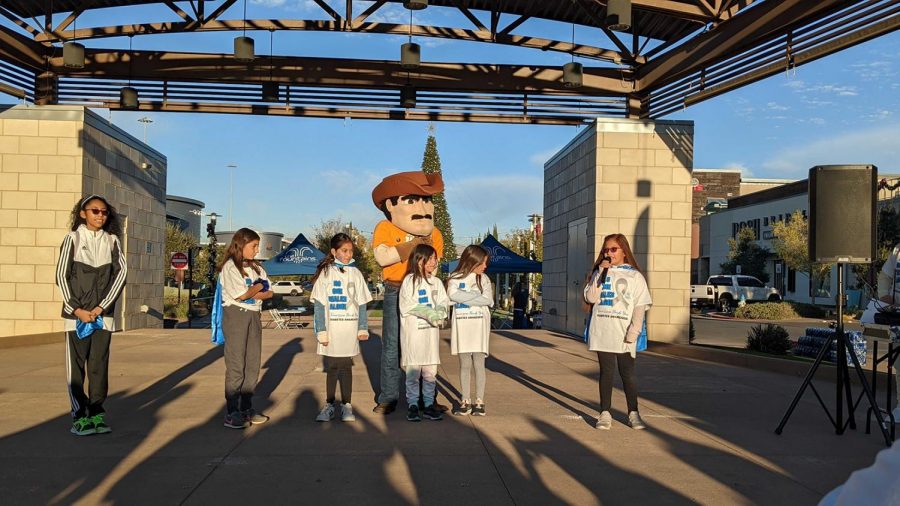November is American Diabetes Month, a time to remind people that they should be aware of their blood sugar and their risk factor.
“It was something I never imagined was going to enter into my life,” said Claudia Martinez Boyd, lecturer for the Department of Communication at UTEP and vice president of the El Paso Center for Diabetes. “I went to a doctor, and he did some blood work and he told me, ‘You know what, your sugar came back high, and you should test that.’”
Diabetes is a disease that affects the pancreas and how it produces insulin; type 2 diabetes is the most common form, according to diabetes.org. Although diabetes can be maintained through a healthy diet and exercise for some people, this is not the case for everyone. Some people need medication or insulin to maintain their blood sugar.
“El Paso is the sixth largest city in Texas with a diabetes prevalence of 13.9% among adults, which roughly translates to 94,000 people,” said Sandra Gonzalez, executive director of El Paso Center for Diabetes. “Diabetes is the fourth leading cause of death in adults over the age of 75 in El Paso with 32.2% of deaths occurring in El Paso caused by diabetes compared to 20.9% and 21.2% deaths in Texas and the United States, respectively.”
How is El Paso raising awareness? On Saturday, Nov. 6, the El Paso Center for Diabetes, a non-profit organization, hosted the Step-Out Awareness Walk at The Fountains of Farah. People living with diabetes and their families came out to support the cause.
“Diabetes is something that I don’t want people to think when they’re diagnosed with diabetes that their whole life is over,” Gonzalez said.
Gonzalez explained that the El Paso Center for Diabetes offers Diabetes Self-Management (DSM) classes to help manage the disease and answers questions like what you are eating, why is your sugar high, what are the right things to eat, how to check your sugar and when to check your sugar. They also offer support groups for the community, cooking classes for families, and even a week-long kids’ camp for children living with Type 1 diabetes.
“If we could take care of our body the way we take care of our car, we could do a better thing,” Gonzalez said. “We’re very good at taking our car to get an oil change and doing a tune-up, but we’re not good at going to our annual visits.”
Both Gonzalez and Boyd explained that with awareness and management, diabetes is manageable; the key is to stay ahead of disease.
“What I do know is that diabetes is something that you absolutely can control, and it shouldn’t control you,” Boyd said. “We live in a community where 30% of us have diabetes. It’s a very high population of people living with diabetes that don’t even know they’re living with diabetes. Number 1, you must get tested and number 2, start making changes necessary to get control of it.”
Kristen Scheaffer is a staff reporter and can be reached at [email protected].











